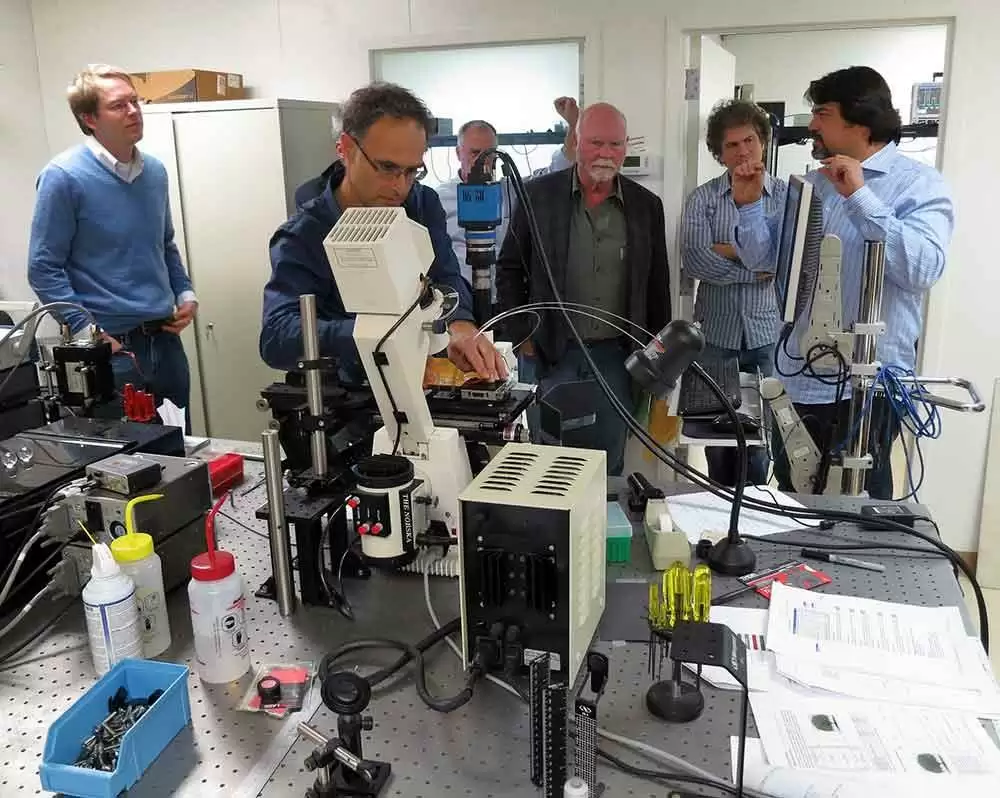
Celiac.com 08/24/2023 - The potential of gene editing to revolutionize food systems, from disease-resistant crops to allergen-free foods, is highlighted in recent reports from the Joint Research Centre (JRC). These advancements carry economic, environmental, and health benefits, and offer a glimpse of a path to more sustainable food production, and to the development of potentially revolutionary foods like gluten-free wheat.
The JRC reports offer case studies that shed light on the transformative impact of gene editing techniques. These methods target crops, making them resistant to diseases or allergens. Unlike conventional genetically modified organisms (GMOs), these techniques involve editing or introducing genes from the same or closely related organisms, ensuring a more precise and rapid modification process.
Celiac.com Sponsor (A12):
The European Commission's legislative proposal in this field, part of the food and biodiversity package, aligns with the European Green Deal's goal of transitioning to sustainable food systems.
Celiac-Safe Wheat
The first report centers on the socio-economic impact of gene-edited low gluten, celiac-safe wheat. Traditional wheat can trigger celiac disease in genetically predisposed individuals, necessitating a lifelong gluten-free diet. The newly developed wheat, created by the Spanish National Research Council and Wageningen University & Research, targets genes responsible for triggering celiac disease, leaving other essential genes intact.
Health benefits include increasing the number of people with gluten intolerance who can consume wheat products with less risk, promoting a balanced diet.
Economic benefits include a potential reduction in the cost of gluten-free products, as celiac-safe wheat offers a more affordable alternative.
Agricultural include increase of up to 30% in farmers' profit margins, with the potentially significant export growth for the EU.
Disease-Resistant Crops
The second report examines disease-resistant crops developed using the cisgenesis technique. This method has made crops like apples resistant to scab and potatoes resistant to late blight. This resistance reduces the need for pesticide use, resulting in environmental and economic benefits.
Economic advantages include farmer savings on pesticide costs. Environmental advantages include reduced pesticide use and improved environmental health. Because disease-resistant crops align with pesticide reduction goals, they promote sustainable agriculture.
Classification and Analysis of New Genomic Techniques
Through a systematic review of genomic techniques, the JRC categorized them into groups based on their interactions with genomes. They also assessed the likelihood of natural occurrence or conventional breeding for various genome alterations. The study covered organisms ranging from bacteria to plants and animals.
Moreover, the JRC conducted a detailed study on detecting food and feed products derived from targeted mutagenesis and cisgenesis techniques. The challenges and results of analytical testing were summarized in a comprehensive report.
These reports exemplify the potential of gene editing techniques in transforming our food systems. From disease resistance to allergen reduction, these advancements promise a pathway to more sustainable, economically viable, and environmentally friendly food production.
The European Commission's legislative proposal further supports these efforts, guiding the integration of gene-edited crops into sustainable food systems.
Read more at joint-research-centre.ec.europa.eu








Recommended Comments
There are no comments to display.
Create an account or sign in to comment
You need to be a member in order to leave a comment
Create an account
Sign up for a new account in our community. It's easy!
Register a new accountSign in
Already have an account? Sign in here.
Sign In Now